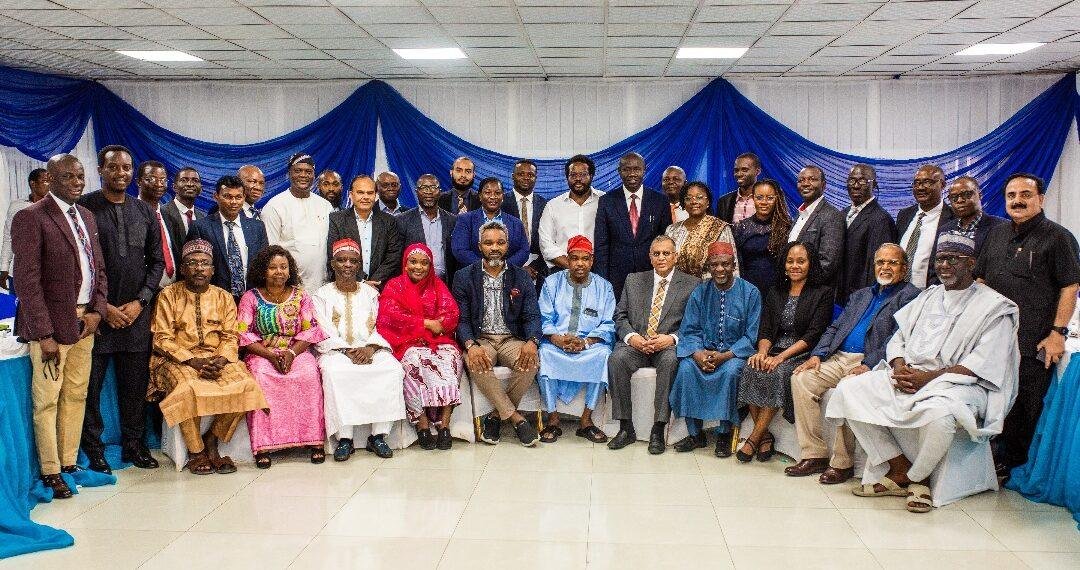In a move to transform Nigeria’s healthcare sector and reduce its reliance on imported medical products, the Federal Government has signed a three-year Memorandum of Understanding (MoU) with the Kano Independent Research Centre Trust (KIRCT). The agreement, which was finalized after an inspection of KIRCT facilities, aims to position the centre as a regional hub for clinical trials and healthcare innovation in Nigeria and across Africa.
The MoU was signed by Dr. Abdu Mukhtar, National Coordinator of the Presidential Initiative for Unlocking the Healthcare Value Chain (PVAC), and Professor Hamisu Salihu, Director General of KIRCT. The agreement is set to usher in a new era of collaboration focused on strengthening local production of healthcare essentials, building talent, and mobilizing financial resources to scale up the nation’s healthcare infrastructure.
Speaking at the event, Dr. Mukhtar emphasized that Nigeria’s heavy reliance on imported medical products has become a critical concern, with over 70 percent of the country’s therapeutics, nearly 100 percent of its vaccines, and 99 percent of its medical devices; including test kits and bed nets, currently being imported. He revealed that the Federal Government has set an ambitious 2030 target to reverse this trend and begin producing at least 70 percent of essential medical products locally.
He highlighted that the new partnership is aimed at building a strong healthcare ecosystem that includes regulatory support, state-of-the-art infrastructure, robust human capital development, and enhanced research and development capabilities across the country. Describing KIRCT as “the best-kept secret in Nigeria’s healthcare sector,” Dr. Mukhtar praised the centre’s advanced infrastructure, sophisticated equipment, and highly trained personnel, noting that the facility’s potential remains largely untapped.
Read also:
- UNICEF, partners donate learning materials to Kano students
- Gov. Yusuf warns parent against resisting polio vaccination in Kano
- Kano targets 4.1m children under 5 years for polio vaccination
Professor Salihu, on his part, noted that KIRCT is already making strides in cutting-edge medical research, including the establishment of a Biosafety Level 3 (BSL-3) laboratory, the first private, top-tier tuberculosis lab in the country. The centre also conducts genetic testing for breast cancer, specifically BRCA1 and BRCA2 gene analysis, and offers point-of-care tuberculosis diagnostics.
He disclosed plans by the centre to begin local manufacturing of IV fluids and medical accessories. This, he explained, is a strategic step towards reducing Nigeria’s growing dependence on foreign medical supplies, curbing outbound medical tourism, and fostering economic resilience through local production.
The collaboration between the federal government and KIRCT signals a strong commitment to achieving self-sufficiency in healthcare delivery, driving innovation, and repositioning Nigeria as a key player in the African health research and pharmaceutical manufacturing landscape.






